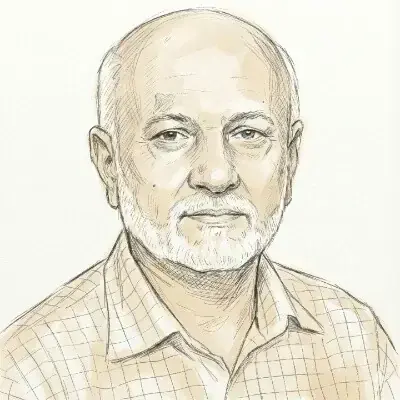ISLAMABAD: Pakistan and six other nations facing climate risks — called ‘pathfinder countries’ — will be the first recipients of ‘Global Shield’ funding, it was announced at the COP27 summit in Egypt on Monday.
Bangladesh, Costa Rica, Fiji, Ghana, the Philippines and Senegal were identified as the other recipients of the package by the Vulnerable 20 Group of Finance Ministers (V20) of 58 climate-vulnerable economies and the Group of Seven (G7).
The ‘Global Shield’ initiative for pre-arranged financial support has been designed to be quickly deployed in times of climate disasters.
According to the joint press release of V20, G7 and the German Ministry of Economic Cooperation and Development, the Global Shield will start its implementation immediately after COP27.
Aid programme ‘Global Shield’ unveiled at COP27, Germany to contribute 170m euros, pledges for more aid pour in
Germany is providing some 170 million euros as seed contribution, of which 84m euros are core funding to the Global Shield and 85.5m euros for related climate risk finance instruments.
Further pledges of core funding to the Global Shield include 35m Danish kroner (about 4.7m euros) from Denmark, 10m euros from Ireland, 7m US dollars from Canada, and 20m euros from France.
Initial contributions include around 170m euros from other countries. Further contributions by donors are expected to materialise soon.
Ghana’s Finance Minister Ken Ofori-Atta and V20 Chair said: “This is a path-breaking effort.” He expressed the hope that the funding window will benefit the pre-existing structures whose performance remains to be proven.
Also read: How Pakistan can leverage international climate financing
“Our fiscal space is under constant threat and the inflationary pressures of climate change are closing out our options,” he pointed out.
German Federal Development Minister Svenja Schulze said Germany stood by its responsibility to support vulnerable people and states in dealing with loss and damage.
Ofori-Atta said the Global Shield was long overdue. “It has never been a question of who pays for loss and damage because we are paying for it — our economies pay for it in lost growth prospects, our enterprises pay for it in business disruption, and our communities pay for it in lives and livelihoods lost.
“We really hope the Global Shield will not only yield impact for the most vulnerable communities, but that it will also contribute to building mutual trust and understanding to help bridge the resourcing gaps facing climate action,” he said.
As part of the ‘climate prosperity plan’ to reduce the 98 per cent financial protection sinkhole, the Global Shield will play a key role in resourcing financial and social protection packages “to protect our economy, our enterprises and our communities”, the minister said.
Recent V20 research found that 98pc of the nearly 1.5 billion people in V20 countries do not have financial protection — a massive sinkhole for these countries whose workforce is mainly employed by small and medium enterprises.
According to this research, V20 countries have lost a total of $525bn to climate impacts since 2000.
German Minister Schulze said, “Under the German Presidency, the G7 have committed to scale up action and support on loss and damage and to work towards a ‘Global Shield against Climate Risks’, responding to the V20’s call.”
Schulze said Germany stood by its responsibility to support poor and vulnerable people and countries in dealing with loss and damage.
“This launch sends a signal: We have heard the urgency and we are acting. We aim at overcoming differences even in challenging circumstances. Germany wants to be a bridge-builder,” Schulze said.
Implementation process
In terms of implementation, the Global Shield will align behind vulnerable countries’ “strategies for closing protection gaps using a broad range of appropriate instruments”.
At the household and business level, these instruments comprise, for example, livelihood protection, social protection systems, livestock and crop insurance, property insurance, business interruption insurance, risk-sharing networks, and credit guarantees.
At the level of national and sub-national governments, humanitarian agencies and NGOs, the Global Shield will support the integrated development of instruments used to ensure that money is available when needed (money in), and the processes to ensure that the money is spent on providing what the affected individuals and communities need when they need it most (money out).
The ‘Global Shield’ will increase protection for poor and vulnerable people by providing and facilitating substantially more and better pre-arranged finance against disasters.
Published in Dawn, November 15th, 2022



































